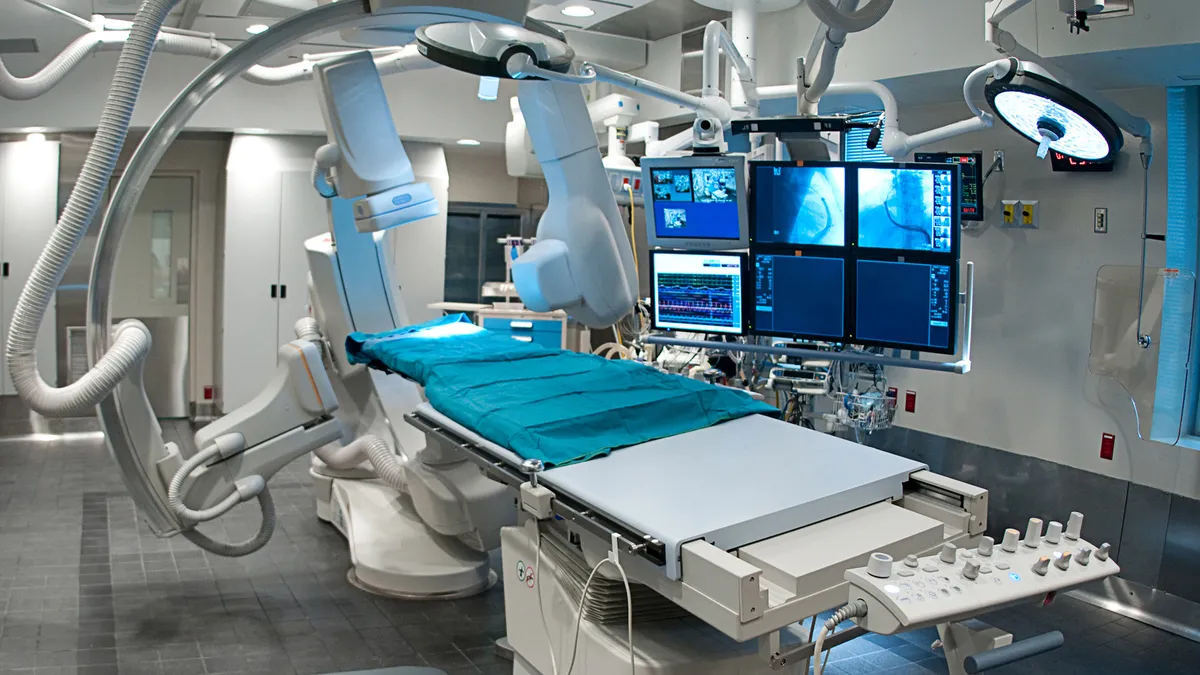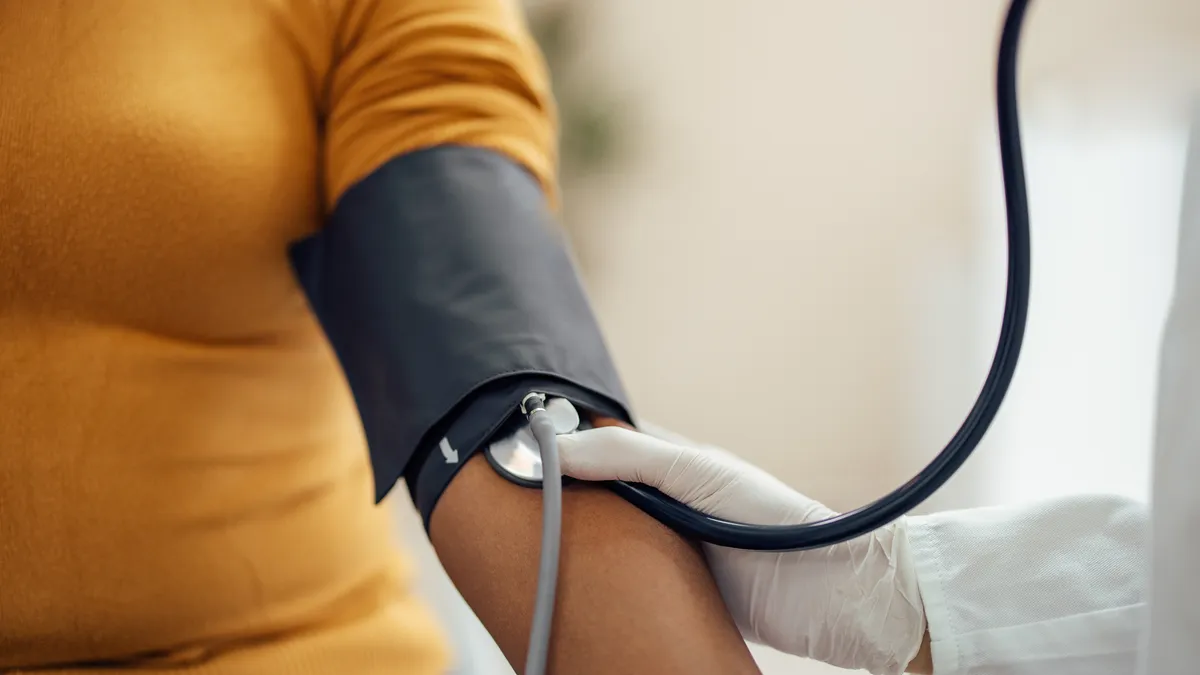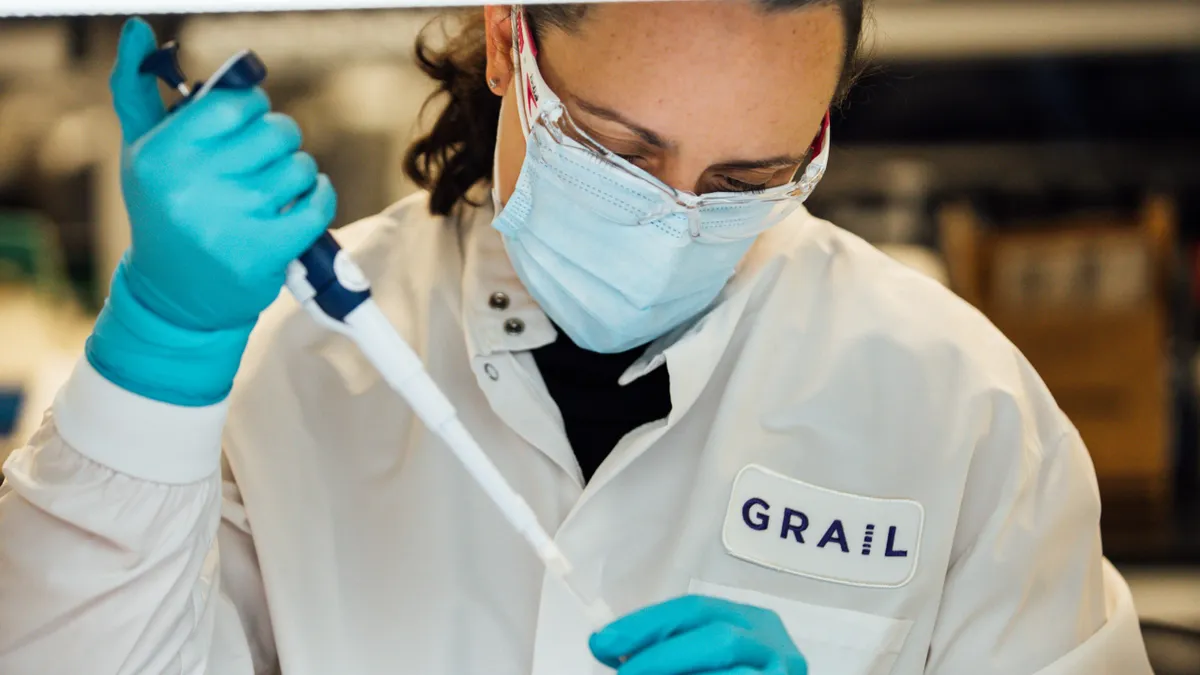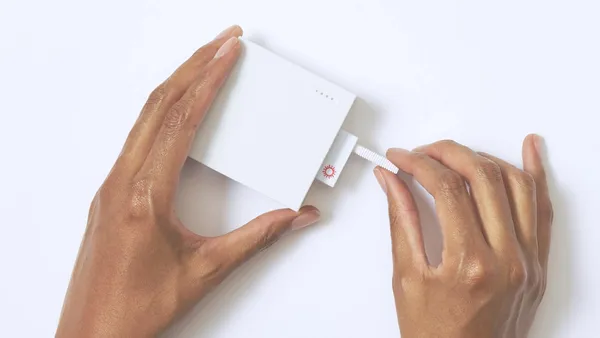Dive Brief:
- Zimmer Biomet saw fourth-quarter year-over-year sales fall 1.9%, closing out the year with declines after bouncing back to growth in the third quarter. The medtech struggled throughout 2020, with full-year sales declining by 12% to approximately $7 billion.
- The bulk of quarterly losses came outside of the U.S. Net sales in Asia Pacific dropped by 7.1% and sales in Europe, the Middle East and Africa fell 13.2%. Meanwhile, sales in the U.S. declined by less than 1%.
- Zimmer also said it would spin off its spine and dental businesses into a publicly-traded company, as it aims to focus more closely on high-growth markets like hips and knees. The move is expected to be final in mid-2022.
Dive Insight:
The results continue a rough quarter for orthopaedics. Both Johnson & Johnson and Stryker reported declines in hip and knee procedures in January and pointed to global drops in procedures.
Zimmer's hip business declined by 1.3% overall, with a decline of 12.2% in EMEA, 6.2% in Asia Pacific and 1% in the U.S. Knee sales dropped by 3.1% overall, with a 20.8% drop in EMEA, 8.1% drop in Asia Pacific and less than 1% decline in the U.S.
For the full year, hips and knees declined by 9.4% and 15%, respectively.
CEO Bryan Hanson attributed the decline to the slowdown in elective procedures as COVID-19 cases resurged across the globe, saying that elective procedure declines were at their worst in the quarter throughout December.
"There's just no doubt that COVID, unfortunately, remains a challenge. Coming out of Q4, we're seeing the pandemic pressure and the surges continue and, frankly, worsen across pretty much all of our regions and markets," Hanson said. "We expect that increase in pressure will continue throughout Q1, at least, and will impact all three of our regions."
The CEO expects the first quarter of 2021 to be even more challenging than the fourth quarter.
Hanson said that hundreds of millions of dollars worth of procedures has been deferred, creating a backlog for the company to recapture as procedure volumes return throughout 2021 with a wider vaccine rollout.
"The timing of when you work through [the backlog,] it's based on capacity, capabilities in different markets ... But we feel it's very sizable, and we're excited to start looking through it," Hanson said.
While other procedure-dependent competitors released 2021 guidance — J&J, Stryker and Boston Scientific — Zimmer did not during the Friday call.
On the newly announced spinoff, Hanson said that the move sharpens Zimmer's focus and how the company prioritizes its resources. The CEO added he did not believe that it was essential to have a spine portfolio along with other large joint offerings.
The company's spine and dental business segment — which also includes craniomaxillofacial and thoracic procedures that will remain with Zimmer after the spinoff — declined by 10.1% in 2020 to roughly $1 billion.
CFO Suketu Upadhyay said during that call that the spinoff's pro-forma revenues in 2019 and 2020 totaled about $1 billion and $897 million, respectively.
Hanson said that there will be little disruption to operations as the businesses are already fairly separate, adding they are "very close" to picking a CEO.
SVB Leerink analysts wrote that the spinoff should allow Zimmer "to more aggressively manage the portfolio ... into higher return generating/faster-growing end-markets," such as pursuing tuck-ins and investments.
The analysts called Zimmer's fourth-quarter performance "good enough," with elective declines expected before results were announced.
One bright spot: Zimmer placed over 115 Rosa robot systems in the fourth quarter. Hanson said that the system had the strongest quarter-over-quarter growth since being launched and brought in $100 million in gross revenue in 2020. Now indicated for knee procedures, it's expected to expand into hips later in the year.
As the company focuses on the hips and knees markets, robotics and procedure data and analytics will play big roles going forward in attempts to improve patient outcomes. Hanson said that Zimmer has "had a significant shift in our research and development dollars towards robotics, towards data and informatics to build that ecosystem."











